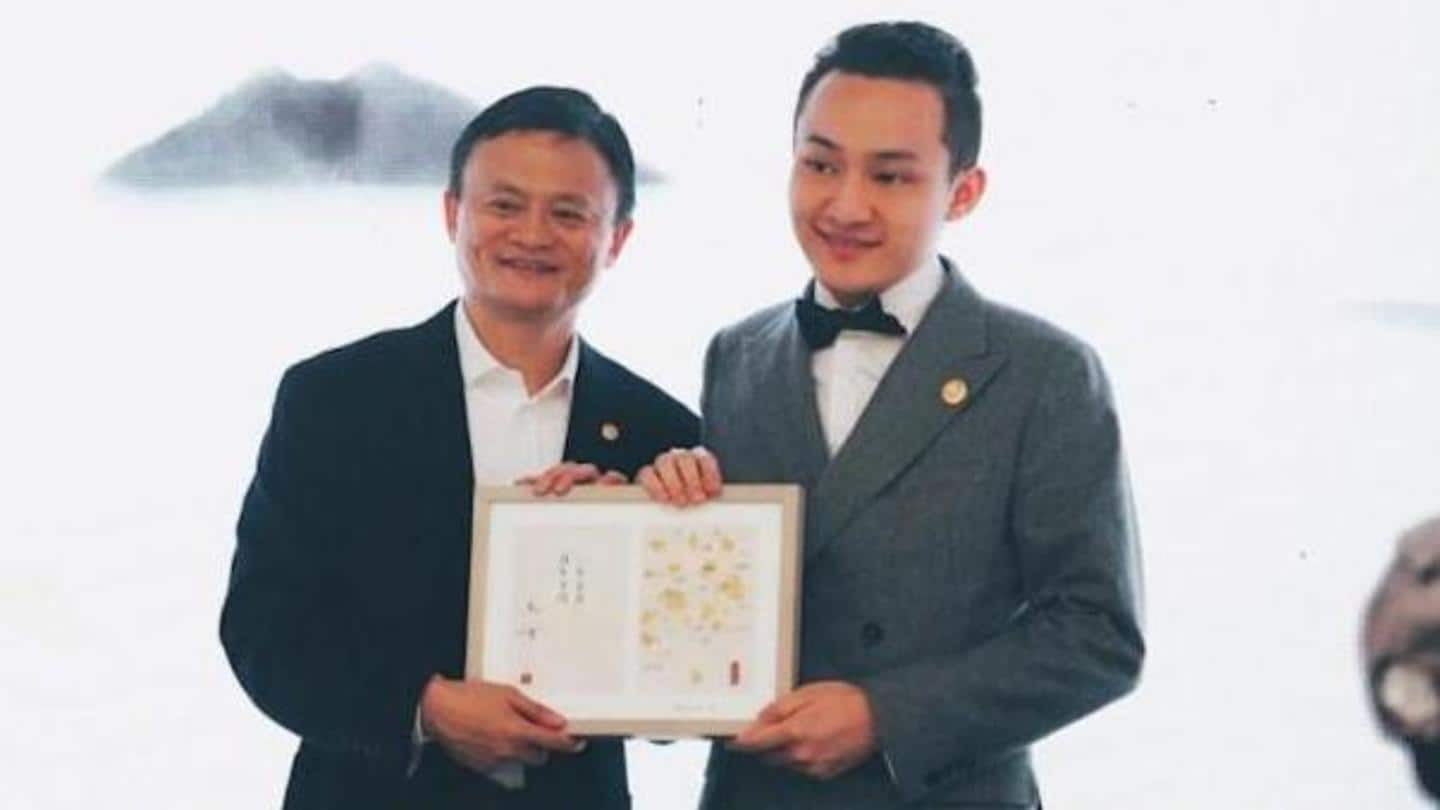
Jack Ma to step down as president of Hupan University
What's the story
A year after stepping down as the chairman of Alibaba, Jack Ma will also be giving up his position as the president of Hupan University. Ma's decision to quit comes six years after he founded the elite business academy.
A Financial Times' source revealed that the University is expected to restructure its educational program, while excluding Ma from holding a high-level position.
Chinese Harvard
Business academy was created as Chinese answer to Harvard University
Ma had founded the Hupan University along with fellow business executives in 2015 as China's answer to the elite Harvard Business School. The university's business executive training program is believed to be as hard to crack as that of Harvard University.
Ma's dissociation and restructuring of the university comes hot on the heels of the Chinese Communist Party cracking down on the billionaire's influence.
Identity crisis
University changes name across website and social media accounts
Last week, the Hupan University quietly changed its name to Hupan Innovation Center across its website and social media handles. Meanwhile, Chinese social media buzzed with videos depicting workers physically removing the university's name from the campus using a blowtorch.
The crackdown on Hupan is most likely a strategic move from Chinese authorities, who view the university as a threat to its Communist ideals.
Tiananmen Square
China Hupan crackdown has a precedent in student-led pro-democracy protests
Financial Times reports that some influential Chinese officials equate Hupan as a contemporary analog of the 17th-century Donglin Academy, which fostered free-thinkers that steered the course of politics and weakened the Ming Dynasty.
China is no stranger to student-led political pro-democracy protests, which it sees as an existential threat to the Communist Party's stranglehold over the country.
Official condemnation
Meanwhile, Communist Party mouthpiece blasts university and its students
Communist Party mouthpiece, the People's Daily, criticized Hupan and its students by undermining it as a "a privately run non-business organisation, not a degree-granting educational institution".
The state-run publication's diatribe added that such students only want "to join a group, make connections and get resources". Furthermore, Financial Times cited a source stating the academy is popular due to Ma's association and not the curriculum.
Checking Ma
Ma had angered Communist Party and briefly disappeared last year
In 2019, Ma had also stepped down as the Chairman of e-commerce giant Alibaba he had founded in 1999. Trouble brewed between Ma and the Communist Party after he made a controversial speech criticizing the incumbent Chinese financial system.
The speech came ahead of the AliPay parent Ant Group launching the biggest-ever IPO, following which the billionaire went missing for approximately three months.
Warning shot
Crackdown on Ma was a warning directed at Chinese elites
The Communist Party summoned Ma for a meeting with the regulators, post which the Ant group IPO was shut down.
Ma disappeared immediately after the meeting. Chinese antitrust regulators fined Alibaba group $2.8 billion for monopolistic practices, even as Ant Group was forced to restructure and shrink its business.
The Chinese government had essentially fired a warning shot at the country's business elites.
Re-education camps?
High-profile individuals return toeing to party line after brief disappearances
Since then, the Chinese government has fined 12 tech companies including Tencent and Baidu over antitrust accusations. Recently, ByteDance co-founder Zhang Yiming stepped down as its CEO. He wrote an internal letter where he questioned his competence as a leader.
This is hardly shocking because like Ma's three-month disappearance, other high-profile individuals have also displayed an uncharacteristic adherence to government narrative after similar disappearances.